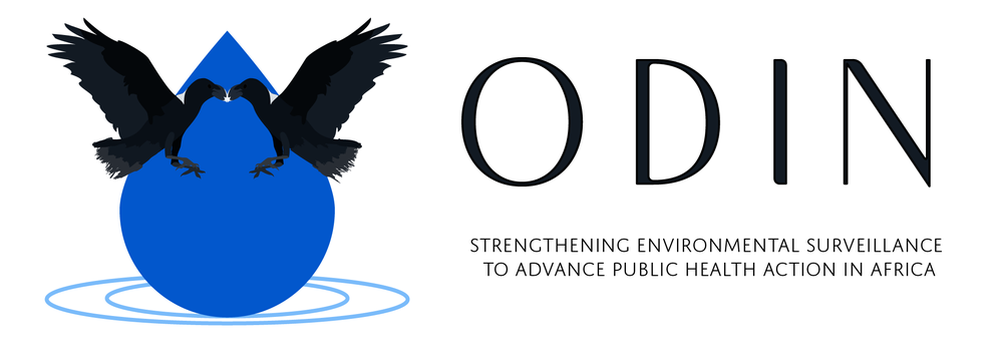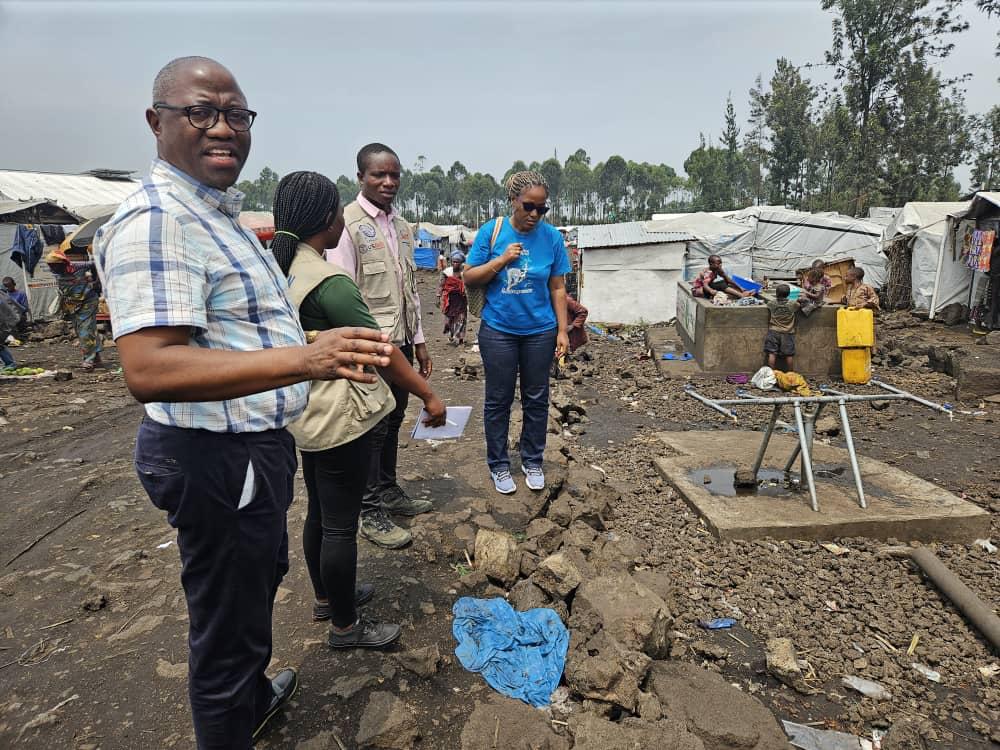

The re-emergence of Mpox, a viral zoonotic disease, has presented significant public health challenges in sub-Saharan Africa, particularly in the Democratic Republic of Congo (DRC). The disease, caused by clades Ia and Ib, has led to an alarming upsurge in cases, especially in the DRC, where thousands of suspected infections and hundreds of deaths have been reported. The World Health Organisation (WHO) estimates over 100,000 cases and more than 380 deaths so far. In response, the DRC Ministry of Health declared a Public Health Emergency in April 2024, with Africa CDC following suit in August by designating Mpox as a Public Health Emergency of Continental Security (PHECS). Soon after, on 14th August 2024, the WHO declared Mpox a Public Health Emergency of International Concern (PHEIC) under the International Health Regulations (2005), prompting a global effort to contain the outbreak and reduce its mortality rate.
Curtailing the growing threat posed by Mpox aligns with the core objectives of the ODIN consortium, whose mission focuses on tackling infectious diseases through genomic surveillance and wastewater-based epidemiology. Project ODIN, a collaborative initiative involving African and European partners, is a genomic surveillance project operating in Tanzania, DRC, and Burkina Faso that was founded in July 2023 through a Global Health EDCTP3 program (€5,185,000). The consortium brings together experts in epidemiology, microbiology, bioinformatics, water technology, and environmental science, creating an optimal platform for research and development, capacity building, and public health interventions. By leveraging wastewater-based epidemiology and genomic surveillance, ODIN aims to provide insights that support sustainable public health models across sub-Saharan Africa.
In response to the growing Mpox outbreak in the DRC, the Global Health EDCTP3 activated an emergency funding mechanism to support research and innovation. In August 2024, the European Union, through Global Health EDCTP3, awarded the ODIN consortium an additional €1,378,272.50 to advance genomic surveillance and wastewater-based epidemiology of Mpox through the ODIN-Mpox initiative. This funding will enable the consortium to enhance its research on the presence and environmental spread of the Mpox virus. The insights gained from this research will guide public health measures such as vaccination campaigns and resource allocation in high-risk areas. Moreover, the initiative will facilitate early detection of the Mpox virus in water sources, allowing for timely interventions to prevent further transmission.
Building upon the success of Project ODIN, ODIN-Mpox will implement a comprehensive water genomic surveillance system aimed at containing the Mpox outbreak in the DRC and neighbouring countries. The project will focus on identifying Mpox virus sublineages with the greatest impact on infection rates and fitting them into the global context to trace their origin and spread. This data will be vital in not only addressing the current outbreak but also contributing to long-term global public health strategies and preparedness for future zoonotic outbreaks.
The ODIN-Mpox initiative marks a significant step forward in addressing the ongoing Mpox crisis in sub-Saharan Africa and showcases the power of genomic surveillance and wastewater-based epidemiology in mitigating the spread of infectious diseases. Through the combined efforts of the ODIN consortium and the support of the European Union, the initiative aims to make a lasting impact on public health in the region.
For further information, please contact:
ODIN Consortium Communications Team
Email: odin@tghn2.org
Website: https://odin-wsp.tghn.org/odin-mpox/
Rolf Lood, Lund University, Sweden (coordinator; Rolf.Lood@med.lu.se)
Vivi Maketa, University of Kinshasa, DRC (PI, Scientific lead; vivi.maketa@unikin.ac.cd)
Adriana Krolicka, NORCE, Norway (PI; adkr@norceresearch.no)
Tarja Pitkänen, University of Helsinki, Finland (PI; tarja.m.pitkanen@helsinki.fi)
Lennart Martens, VIB, Belgium (PI; Lennart.Martens@UGent.be)
Bart Mesuere, Ghent University, Belgium (PI; Bart.Mesuere@UGent.be)
Trudie Lang, The Global Health Network, University of Oxford, UK (PI; Trudie.Lang@ndm.ox.ac.uk)
Vito Baraka, NIMR, Tanzania (PI; Vitobaraka@gmail.com)
Marc Tahita, IRSS-DRCO, Burkina Faso (PI; marctahita@yahoo.fr)